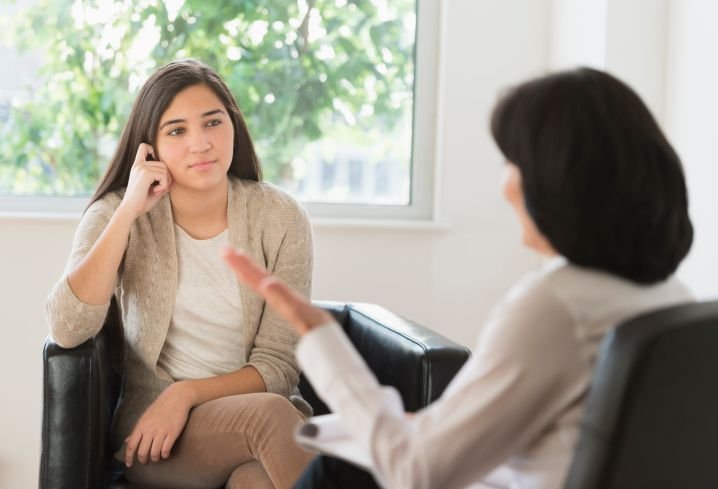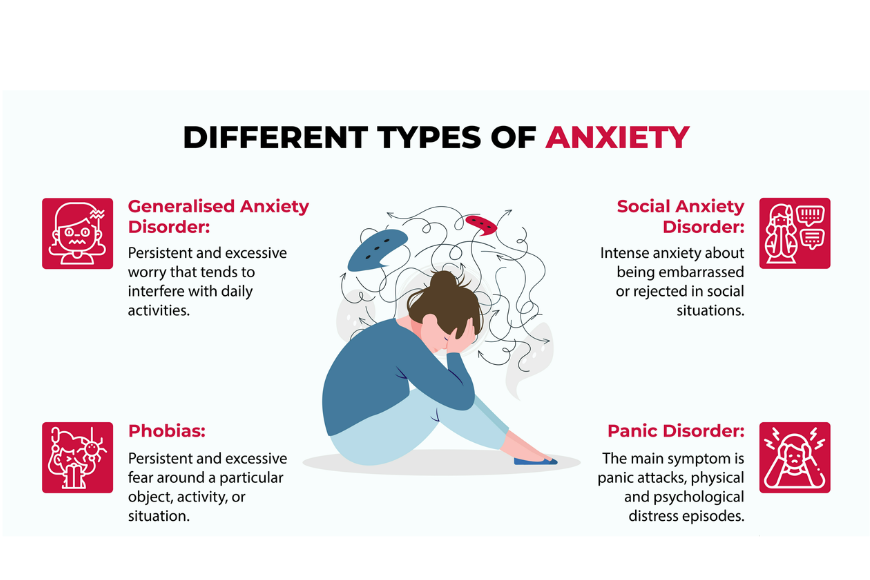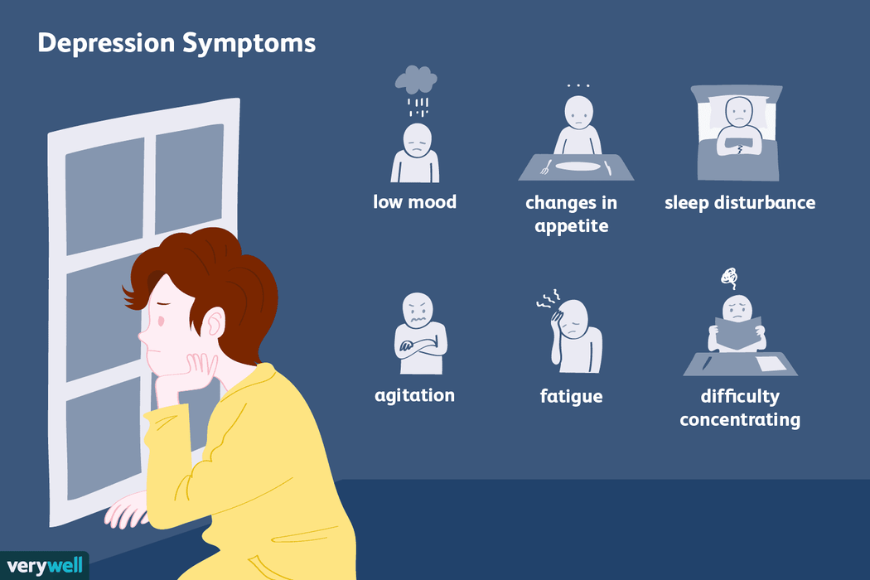
How Can Therapy Sessions Help You !
Psychotherapy, or talk therapy, is a way to help people with a broad variety of mental illnesses and emotional difficulties. Psychotherapy can help eliminate or control troubling symptoms so a person can function better and can increase well-being and healing.
Problems helped by psychotherapy include difficulties in coping with daily life; the impact of trauma, medical illness or loss, like the death of a loved one; and specific mental disorders, like depression or anxiety.

Adults/Kids Behavior Modification

Psychological , Educational , and Social Counseling
Clients are active participants in the counselling process at every stage. Counselling can be broad or focused. Clients may explore: aspects of identity, spirituality, relationships with self and others, past experiences, parenting, grief and loss, trauma, domestic violence, child abuse, use of alcohol and other substances, depression, anxiety, and other stressful or unusual experiences.

Help yourself !
Psychological Counseling for Adolescents

Pathological Anxiety Disorders
An anxiety disorder is a type of mental health condition. If you have an anxiety disorder, you may respond to certain things and situations with fear and dread. You may also experience physical signs of anxiety, such as a pounding heart and sweating .
Types of anxiety disorders, including :
1) Generalized Anxiety Disorder ( GAD )
2) Panic Disorder
3) Phobias
4) Separation Anxiety

Help yourself !
Addiction Therapy

Depression Therapy
Depression is a mood disorder that causes a persistent feeling of sadness and loss of interest, it affects how you feel, think and behave and can lead to a variety of emotional and physical problems.. Depression affects an estimated one in 15 adults (6.7%) in any given year. And one in six people (16.6%) will experience depression at some time in their life. Depression can occur at any time, but on average, first appears during the late teens to mid-20s. Women are more likely than men to experience depression. Some studies show that one-third of women will experience a major depressive episode in their lifetime. There is a high degree of heritability (approximately 40%) when first-degree relatives (parents/children/siblings) have depression.

